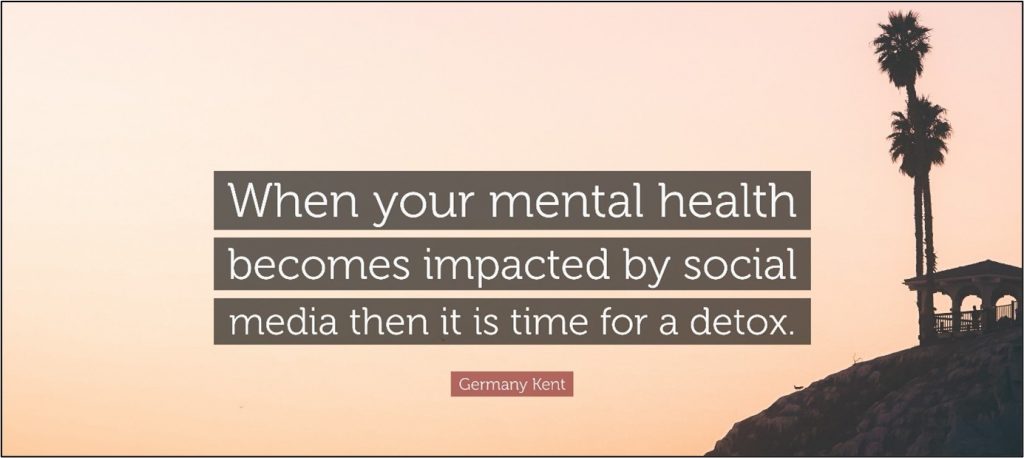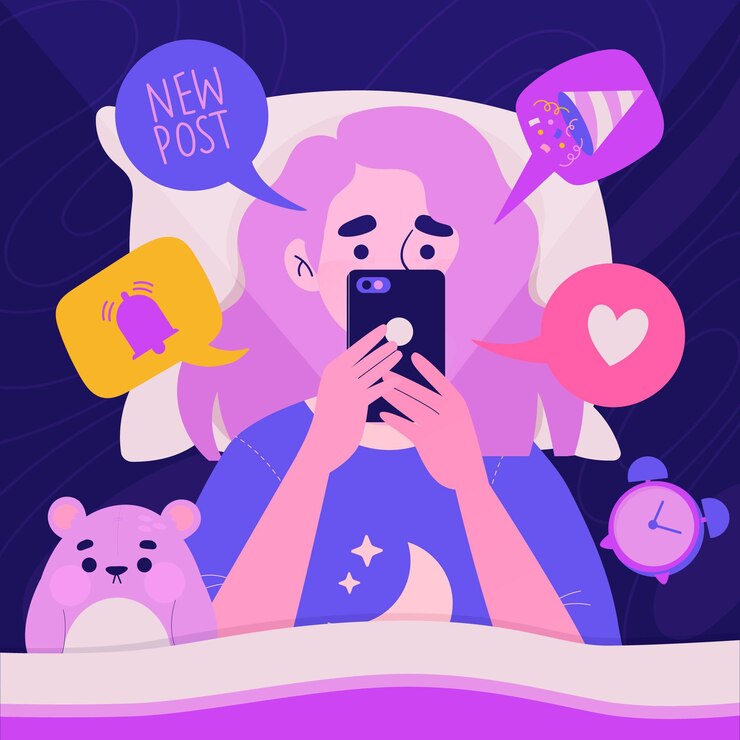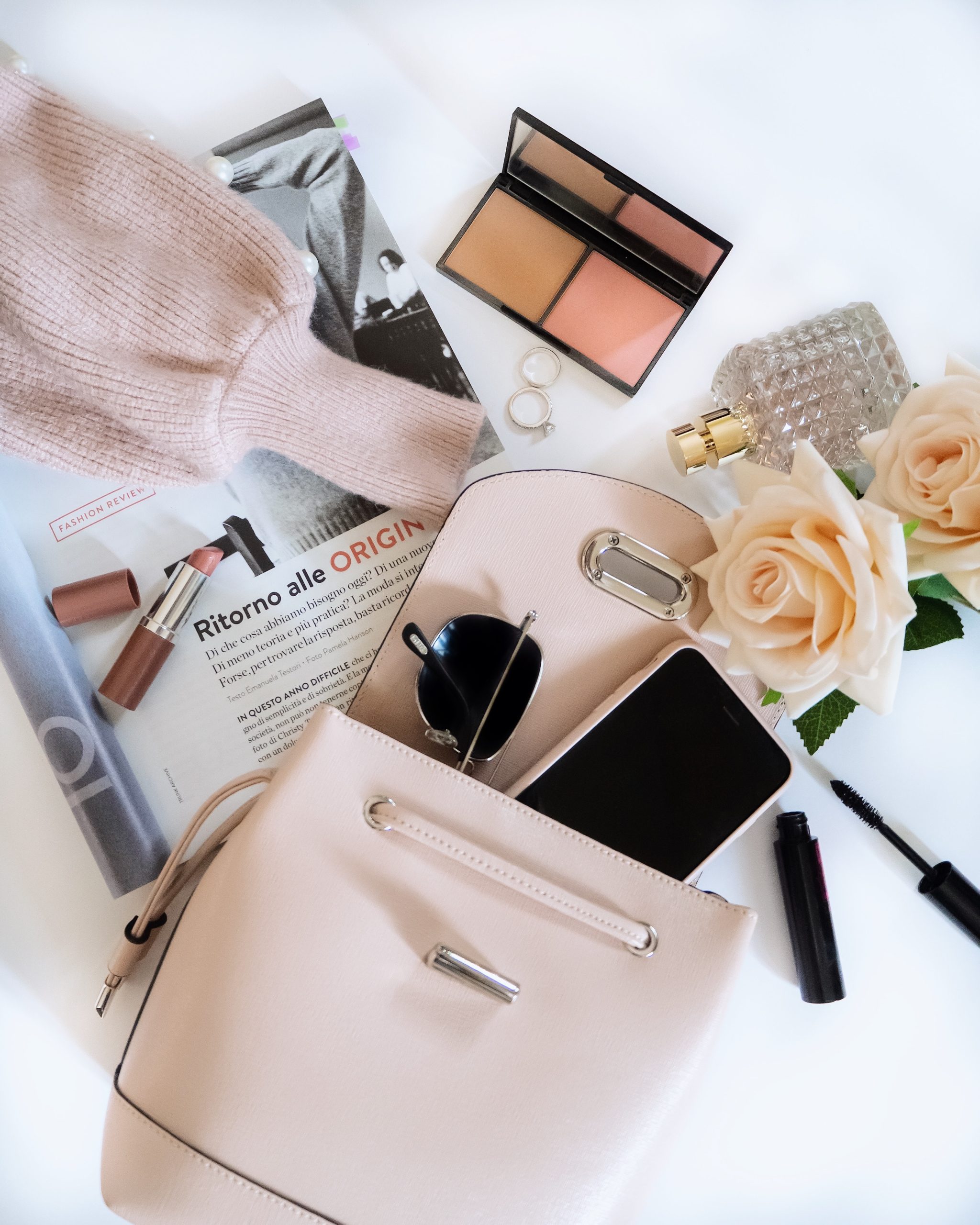Since its launch in 2010, Instagram has become a popular social media platform, with 2.4 billion active users worldwide. Known for its virtually driven nature, this social site allows users to share their photos, videos and stories to engage with people globally. It also empowers connectivity, creativity, community building and encourages entrepreneurship. These attributes and picturesque nature have made Instagram an effective platform to influence and persuade people. Like TikTok and YouTube, it also allows people to become influencers and digital media celebrities based on their number of followers. It enables them to present their authentic selves and engage directly with their followers. Similarly, followers also have the liberty to interact with the influencers and brands via this social media site. The latest report (2024) on social media trends ranked Instagram as the top platform digital influencers use for marketing and increasing audience growth.
Despite providing numerous opportunities, Instagram has significant implications for its users` mental health. Several studies have been published to disclose and highlight the reality behind curated smiles and perfect “Intsa pics” mania. This article focuses on the mental health issues of two types of Instagram users: influencers and followers. The common psychological problems caused by this specific social media platform among influencers are discussed in the beginning, followed by the mental challenges faced by followers. The helpful tips to diminish the mental toll and build healthier relationships with the platform are proposed at the end of the article.
Mental Health Challenges Among Instagram Influencers
Performance Pressure: Instagram has become a huge platform for influencers to use for personal branding, promoting businesses, and building communities on social media. It gives them recognition, access, and an easy global reach without spending millions on these daunting tasks. For the past few years, this site has become a business platform and a full-time job for influencers. However, advantages aside, Instagram has become a double-edged sword for influencers due to the relentless pressure of performance. The nature of their work—constant content creation, engagement with followers and meeting their expectations can lead to burn-out, mental stress and anxiety. Gritters (2019) discussed the complicated relationship between Instagram and influencers in her research article. She shared the views of a “fashion influencer” who was obsessed with her Instagram and ended up with massive mental distress and pressure of personal branding. In her article, the researcher quoted the influencer:
Instead of making important phone calls and tasks, I was worried about my Insta-post performance. I felt pressure to make and promote myself as a brand, which made me anxious most of the time
The influencer decided to have an “Insta-break” after anxiety and mental toll. The image below is an excerpt from the influencer’s story narrated by the researcher in her article.

The Pressure to Maintain Online Persona and FOMO:
Another persistent pressure the influencers face is the constant projection of the “perfect-picture life” and maintaining a compelling online persona. The display of flawless images, a fancy and luxurious lifestyle, and engaging captions create an artificial reality around them. Moreover, the idea of the” perfect gram post” made them think their real lives were “not good enough” for Instagram. That’s why everything has to be perfect before posting photos and sharing stories. A 2024 study found that nearly 90% of influencers feel the need to be constantly active on Instagram, which affects their mental health. Furthermore, despite knowing that what they see and publicize is a curated reality, FOMO is still visible among influencers. The fear of missing out triggers their anxiety and inferiority complex that others are living and enjoying the perfect life. It also increases their feeling of inadequacy when they see their competitors and peers gain more followers, promotional packages and curating life with glitz and glams.
Similarly, sometimes influencers suffer from imposter syndrome and live with the fear of self-doubts. Dr. Lombardo, in her book Better than Perfect: 7 Strategies to Crush Your Inner Critic and Create a Life You Love (2014), defined this syndrome as a state of fear where a person feels that he is not portraying his authentic self and others will figure out the reality soon. She thinks this syndrome is common among social media users, especially Instagram fanatics displaying and promoting unrealistic beauty standards.
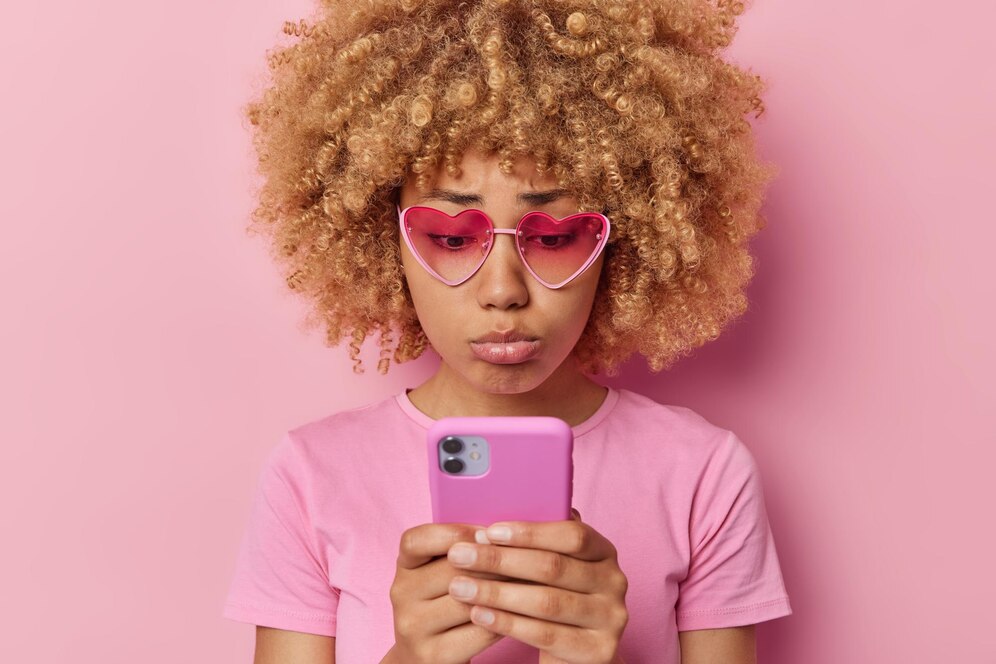
Cyberbullying and Hateful comments
There is a famous saying by Cavanagh that fame and fortune come with a price that fame finds insulting and fortune can’t afford to pay back. Though Instagram provides space for influencers to reach a large audience, it also opens doors for negative attention and hateful comments. Online trolling and harsh remarks about their appearances, environment, and lifestyle choices are influencers’ biggest challenges on Instagram, especially for celebrities. From body shaming to character assassination and personal attacks, public figures often become victims of cyberbullying, which causes emotional distress, anxiety, and depression. For example, In an interview with BBC, Zayn Malik shared his experience of cyberbullying and its effects on his mental health.

Followers in the Crossfire: Battling self-esteem problems and inferiority complex
Diving deeply into “Instagram`s world,” one can see that followers or general audiences are also facing mental health challenges like influencers. The Royal Society for Public Health published a report in 2017 after examining social media’s positive and negative impact on young people. They conducted a survey with 1500 young people (14-24) across the United Kingdom, and the results were alarming. The target audience ranked Instagram as the worst and most negative platform for mental well-being because of its image-focused attribute. It triggers their anxiety and affects their self-esteem when they see flawless lifestyle and their friends constantly enjoying holidays and nights out. They feel left out and behind in the fastest world of Instagram. There is also another important aspect highlighted in this #StatusOfMind report is the rise of inferiority complex and insecurity about their bodies among young adults after seeing perfect body images on social media sites like Facebook and Instagram. The report findings reveal that 9 out of 10 girls are unhappy with their bodies because they are constantly comparing them with other girls’ pictures and videos on social media. This comparison creates negative emotions like envy, jealousy, unhealthy and unseen competition among users.
The addiction of validation:
The pursuit of validation is quite common among both influencers and followers. The need for validation through likes, comments and emoticons leads them towards addiction. The most problematic thing is their mood dependency on social media validation, which ultimately leads to addiction and obsessive behaviour of constantly checking notifications and reading comments. Similarly, the higher or lower engagement rate of their social media post from their expectations made the users sad and happy. The vicious cycle of social media validation continues.
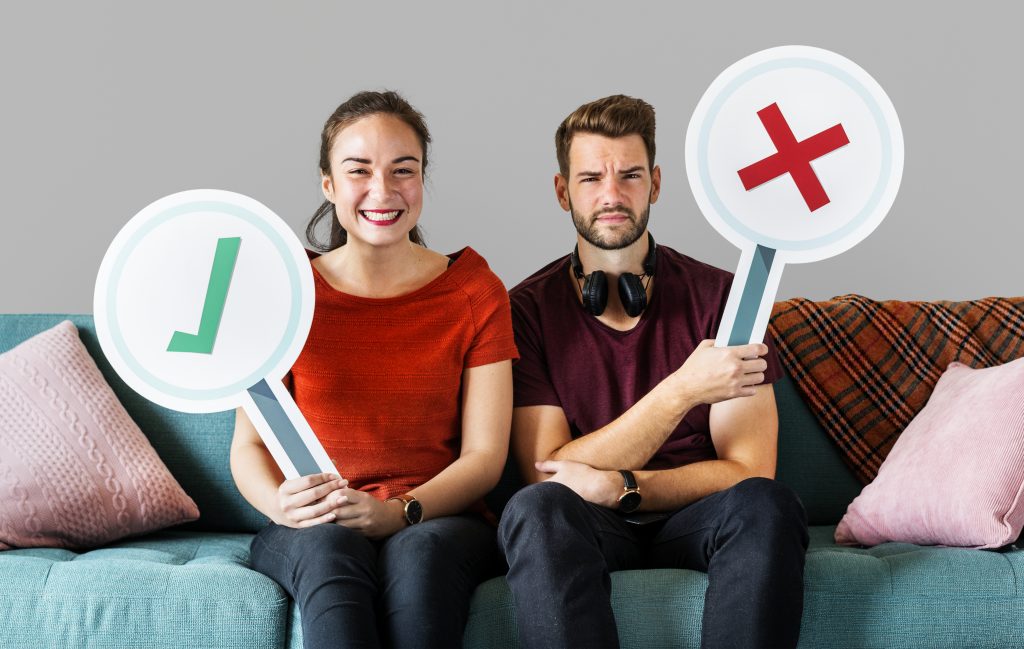
Strategies for Influencers and Followers to overcome mental stress:
Despite facing mental health challenges on Instagram, both influencers and followers can establish a healthy relationship with the platform. The following are helpful tips to curb and overcome the mental tolls of excessive Instagram usage.
- A digital detox is one of the best strategies to mitigate the negative impact of Instagram. Many users find it quite helpful in maintaining their sanity in the mind-boggling world of social media. Taking an “Insta-break” for one or two days, especially during the weekends, helps them reset their mental health and prevent them from overthinking.
- Using Instagram’s Yours Activity option is another effective strategy for managing time and monitoring the site’s daily usage. Using tracking features, a person can set a time limit and control his performance on the site.
- Curate your Instagram feed with accounts and people who reflect positivity, motivation and education. Unfollow the ones who trigger your stress level and arouse the feeling of inadequacy.
- Several influencers are exhibiting and promoting authenticity on Instagram by sharing behind-the-scenes bloopers, unfiltered pictures and highlighting the mental health challenges of influencers. They also raise their voice against the portrayal of unrealistic beauty standards on the site, which makes other people anxious. These steps toward originality help reduce the users’ mental challenges.
- Seeking professional help like counselling and cognitive behaviour therapy (CBR) is also effective in getting rid of the “Insta- anxiety.”
Final Remarks
Like other social media sites, Instagram has advantages and disadvantages depending on how it is used. Even after offering benefits like audience reach, connectivity, free marketing and engagement, its negative impact on the mental health of influencers and followers is visible. Individuals can strike a healthier balance between themselves and Instagram by understanding the risks and taking proactive steps to manage the usage. In the SoMe world, follow the mantra to sustain brain health.
